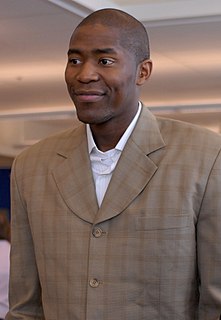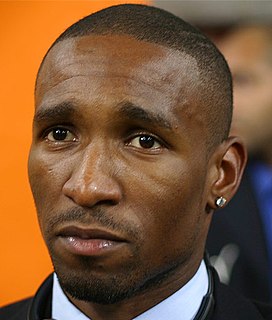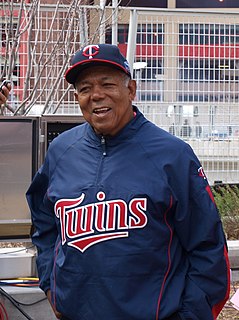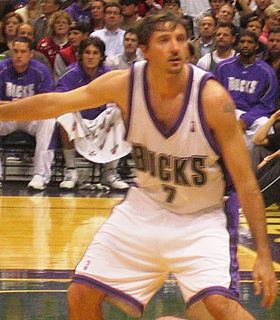A Quote by Jamal Crawford
I think when you're starting you have more of a luxury. You know you're going to play 33, 35, 37 minutes per game, so you can kind of feel the game out. When you come off the bench you have to be more in attack mode. You have to make something happen immediately.
Related Quotes
When I'm in the game [softball], it's not so much mechanics. It's more of just trusting my teammates, trusting myself, trusting my preparation that we've put in to get there. When you're in the game, it's go-mode. There's going to be times when you're tweaking things but when you're in that game mode, you just want to think about that one next pitch.
The advantage of not starting is you're sitting back, looking at the game and saying, 'OK, we need rebounding,' or 'We need hustle points.' Coming off the bench, that's what you try to do. The disadvantage of it is you gotta catch that flow. You're coming off the bench, you gotta come ready, warmed up already, catch the flow of the game.
In video you are starting with nothing but a black screen. There's no game there. With pinball you at least start with that basic concept, but not with video. The challenge of going from no game to something today is only different because you have to create something so damn fun people will pay $1.00 every two minutes to play it.
Rules of Play is an exhaustive, clear, cogent, and complete resource for understanding games and game design. Salen and Zimmerman describe an encyclopedia of game design issues, techniques, and attributes. In particular, they analyze the elements that can make a game experience richer, more interesting, more emotional, more meaningful, and, ultimately, more successful. It should be the first stop you make when learning about game design.
Practice makes perfect and if you practice battling and competing and working hard, then that will transfer over in a game. If you practice just kind of floating around out there in practice, you know that's going to transfer over, too. So I think the harder you work and the more you compete, then that's how you're going to play in a game.
We've become more and more interrupt-driven. If you have six tasks to do in an hour, you can't just take 60 minutes and divide and have 10 minutes per task. You have 10 minutes per task minus the time required for context-shifting. That will be the next big challenge: figuring out how to fight the distraction-driven mode we're in and stay focused on one thing long enough to get it done.
I think 'Disney Infinity' is exciting. It's hard to even call it a video game, because it's so different. What excites me about this is how it's going to put more and more of what happens in the game into the hands of the user; it's up to them. You can play it to where everything's laid out for you.






































